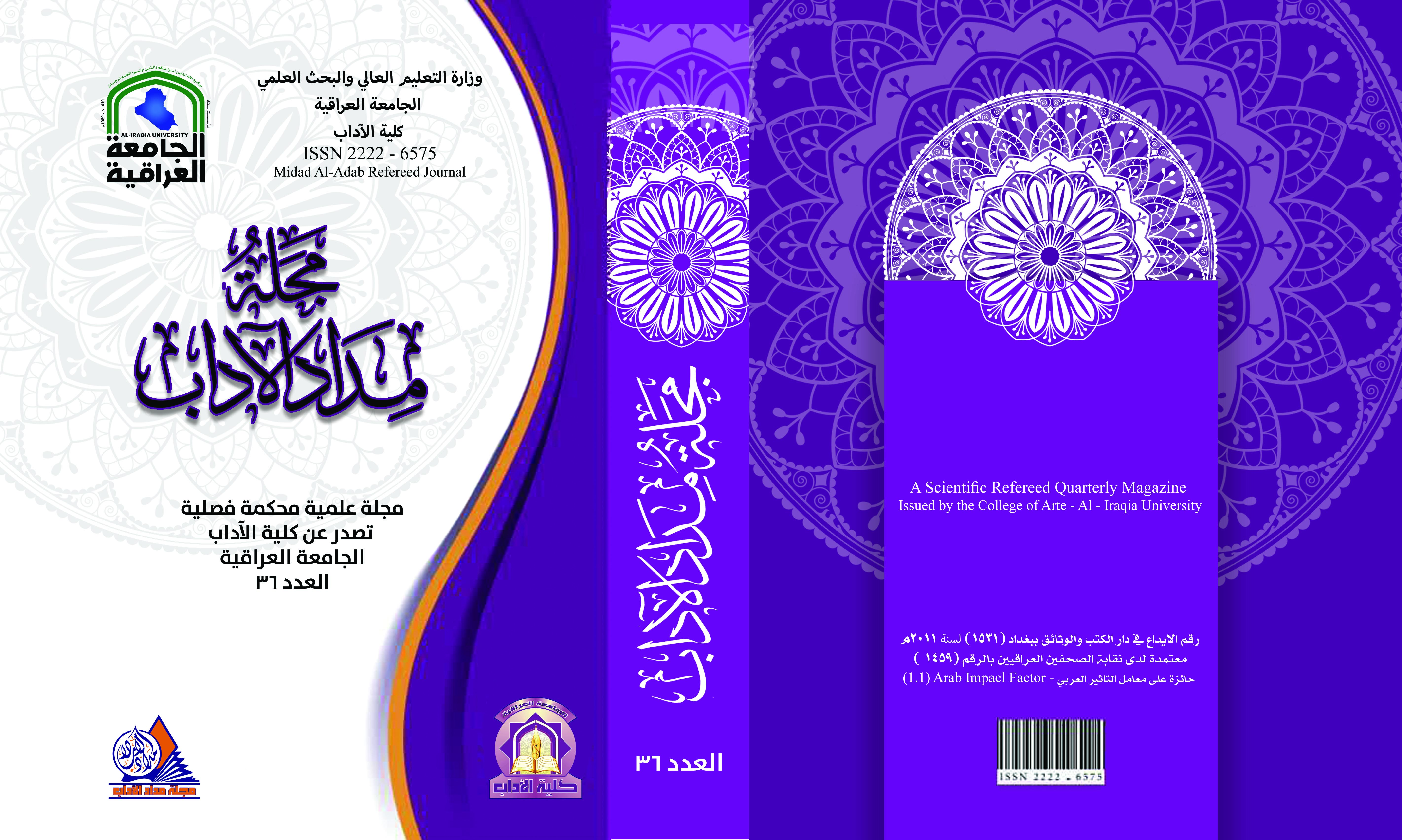What is Accepted to be Said in Transaction Claims According to the Hanbalis (Compilation and Study)
DOI:
https://doi.org/10.58564/ma.v14i36.1550Abstract
This study argues some of the legal maxims related to collateral and disputes concerning its validity and extent in Islamic jurisprudence. Among the issues examined were the acceptance of testimony in collateral disputes, disagreements concerning debt value, and differences in the identification of collateral. The research then breaks down into twelve sections with respect to these particular scenarios: disputes over the possession of collateral, valuation of debts, or determination of the exact nature of the collateral involved.
The study examines the authoritative stances of the Islamic schools of law on the matter and brings out that the majority go for the adiyyal—that impartial party—on collateral-related disputes, so long as they have not been negligent. It also explains how disagreements over the amount of debt or genuineness of the collateral are resolved and brings out that the claimant's testimony is required, supported in some cases by an oath.
The comparative analysis of the research looks into the differing opinions of the Hanafi, Shafi'i, Maliki, and Hanbali on these matters. The results show a significant trend toward reliance upon the testimonies of the party with the original claim, especially where no other evidence is introduced. The analysis underlines wider implications in general principles of these legal regulations for the protection of justice and clarity in the sphere of financial transactions.
This study concludes by reverting to the manifold understanding that an awareness of specific principles of the law and their application is what forms the core for the effective management and resolution of disputes relating to collateral and debt in Islamic finance.
Downloads
Published
Issue
Section
License

This work is licensed under a Creative Commons Attribution-NonCommercial-NoDerivatives 4.0 International License.








